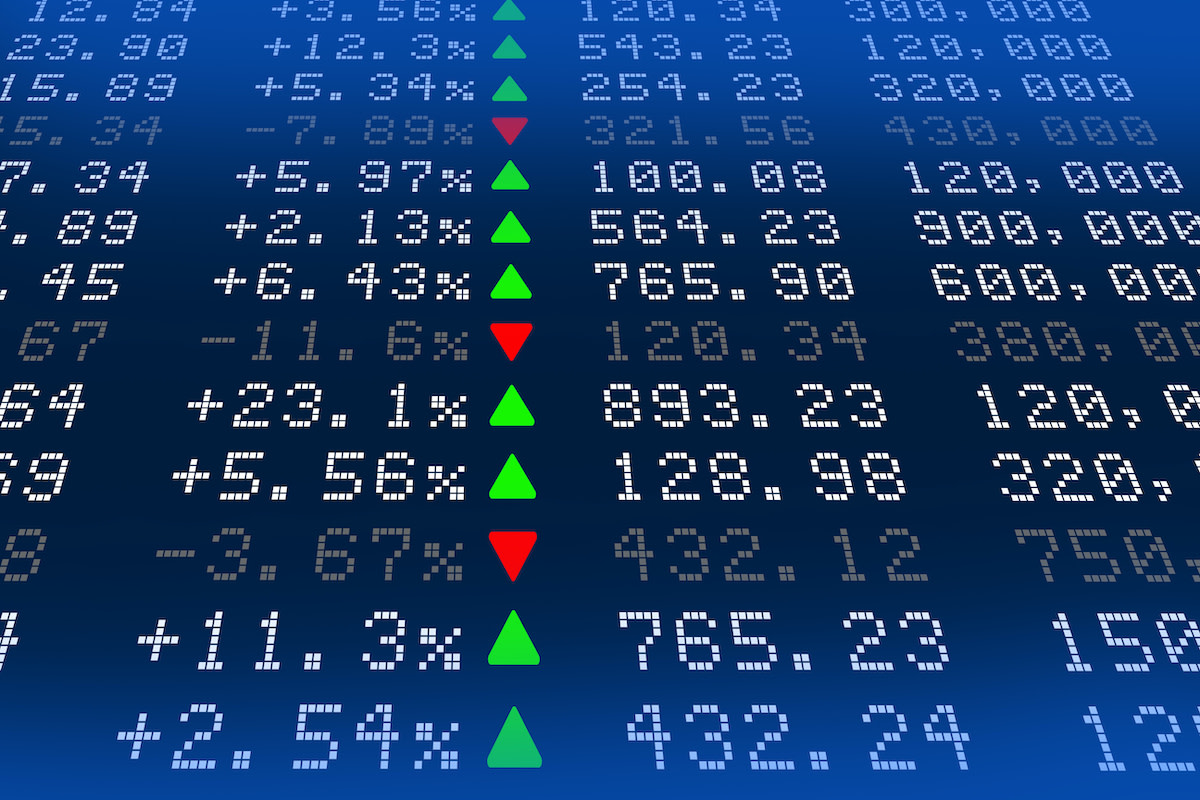Futures Contracts Explained: How Futures Contracts Work
Written by MasterClass
Last updated: Nov 2, 2021 • 3 min read
Investing in futures is a trading strategy that involves buying or selling an asset at a future date while paying the current market price. Futures traders either want to protect themselves from an unwanted price change or profit from a desired price change.
Learn From the Best
What Is a Futures Contract?
A futures contract is a financial agreement to buy or sell an underlying asset—typically a leveraged financial instrument or underlying commodity—for a predetermined price at a designated future time. Typically, on the futures contract's expiration date, the buyer may choose to receive a cash settlement instead of physical delivery of the underlying asset. It's common to hear the term "futures contract" shortened to simply "futures." For example, you might say that you plan to invest in oil futures or corn futures.
2 Ways to Use Futures Contracts
Futures traders can approach futures contracts in two ways: hedging and speculating.
- 1. Hedgers: Hedgers use futures contracts to protect themselves from the price movement of an underlying asset. By making a futures contract, the hedger essentially guarantees the current market price to avoid a harmful loss if the asset price changes adversely. For example, there are constant fluctuations in oil pricing, and an oil company might enter into an oil futures contract with a buyer if they think the present-day market price of oil is higher than when their buyer would want to purchase the oil in the future. Conversely, an oil buyer worried the price of oil would rise in the future may try to lock the current oil price in with a futures contract, so they don't need to worry about negative market volatility.
- 2. Speculators: Speculators use futures contracts to bet on the futures price of an asset to profit by taking either a long position or short position. For example, a speculator who believes that the current price of gold will skyrocket might purchase gold futures at the low market price, then sell the contracts back at a higher contract price to turn a profit. Or if the speculator thinks the price of gold is inflated, they could short sell gold futures, wait until the price of gold decreases, and purchase the futures contracts back at the lower price. Speculators make educated guesses; speculating is a short-term trading strategy that's high-risk.
What Is a Futures Exchange?
Investors trade futures on public futures exchanges such as the New York Mercantile Exchange (NYMEX), the Chicago Mercantile Exchange (CME), and the Chicago Board of Trade (CBOT). These exchanges are part of the CME Group, which is the world's biggest financial derivatives exchange. Like a stock market exchange, the purpose of a futures exchange is to provide a structured and regulated location to conduct trades.
Most futures trades involve commodities—like oil, precious metals, or crops—but you can also trade currency, ETFs, bonds, stocks, mutual funds, and index futures on the futures exchange. The exchange has a clearinghouse that acts as the middleman for every trade on the exchange, assuming all credit risk and guaranteeing future contracts. An independent US government agency called the Commodity Futures Trading Commission (CFTC) regulates trading on all futures exchanges to prevent fraudulent futures market pricing.
Futures vs. Forward Contract: What’s the Difference?
A futures contract and a forward contract are both derivative contracts that agree to trade an asset between two counterparties at a specific price by a designated future date. Still, there are some critical differences between both investment types:
- Contract terms: Futures contracts all have the same thoroughly regulated, standardized contract specifications, while the two counterparties in a forward contract may customize their contract price and terms.
- Contract trade: Futures trade on a public exchange, while forward contracts trade over-the-counter (OTC).
- Risk factor: Clearinghouses guarantee that traders will honor futures contracts, which reduces credit default risk. Forward contracts are not guaranteed.
Want to Learn More About Business?
Get the MasterClass Annual Membership for exclusive access to video lessons taught by business luminaries, including Bob Iger, Chris Voss, Robin Roberts, Sara Blakely, Daniel Pink, Howard Schultz, Anna Wintour, and more.
